When you’re in the market for a new car, reliability is just as crucial as the specs and the style. Here’s a closer look at some car brands that, unfortunately, are often flagged for their reliability issues. While these brands can offer enticing features and aesthetics, their historical tendencies for more frequent breakdowns are something to consider.
Land Rover

Land Rover stands out with its luxury and capability in tough terrains, yet it’s notorious for its reliability issues. Problems typically revolve around the air suspension, electrical systems, and drivetrain components, particularly in models like the Range Rover and Discovery.
According to J.D. Power’s Vehicle Dependability Study, these issues are prevalent enough to often place Land Rover among the least reliable brands. If you’re eyeing a Land Rover, it might be wise to also look at extended warranty options or be prepared for potentially higher maintenance costs.
Jaguar

Jaguar exudes sophistication and performance but has similar reliability challenges to its corporate cousin, Land Rover. The brand often encounters issues with its electrical systems and transmissions. For example, many Jaguar X-Type owners report transmission failures as a common problem. Despite these concerns, Jaguars continue to attract buyers with their compelling design and luxurious interiors. However, if reliability is a top priority, you may want to consider how often you’re willing to visit the service center.
Alfa Romeo

Alfa Romeo cars are the epitome of Italian sportiness and allure, but they come with their fair share of reliability issues. Owners frequently encounter electronic malfunctions and issues with engine cooling systems, which can lead to performance degradation over time. Alfa Romeo’s reliability scores in consumer reports often reflect these issues, positioning them lower compared to more reliable European brands.
Fiat

Fiat offers compact and economical vehicles, but the brand struggles with perceptions of poor reliability. The Fiat 500, for example, has faced criticism for transmission reliability and electronic issues that can lead to unexpected breakdowns. While Fiats are popular for city driving thanks to their size and maneuverability, potential buyers should be mindful of the long-term ownership costs that could arise from frequent repairs.
Chrysler
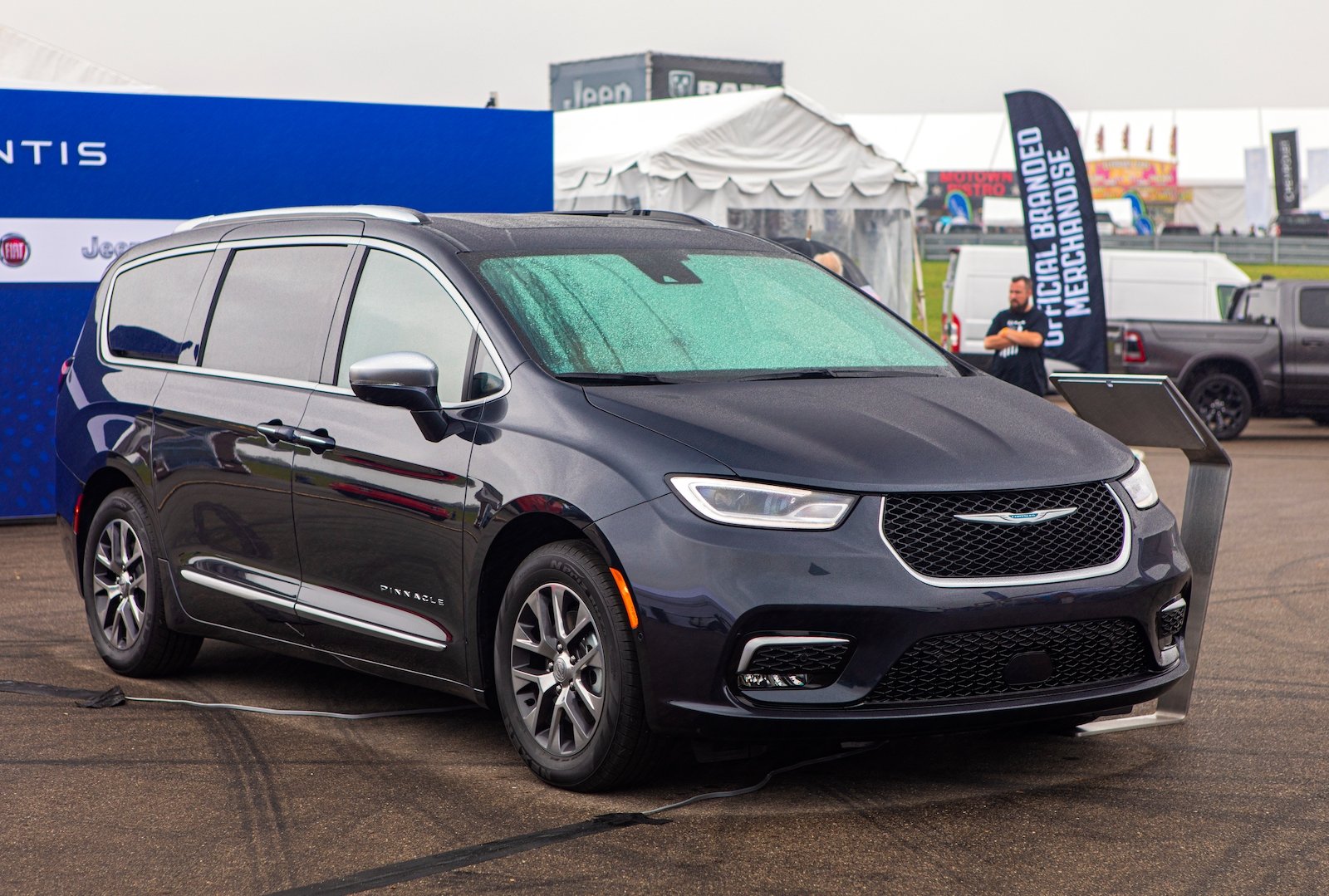
Chrysler vehicles like the 300 and Pacifica offer American styling and comfort but have historically faced challenges with transmission reliability and electrical issues. These problems can lead to unexpected service visits and higher operational costs. It’s beneficial for buyers to review consumer reports and reliability ratings when considering older Chrysler models.
GMC
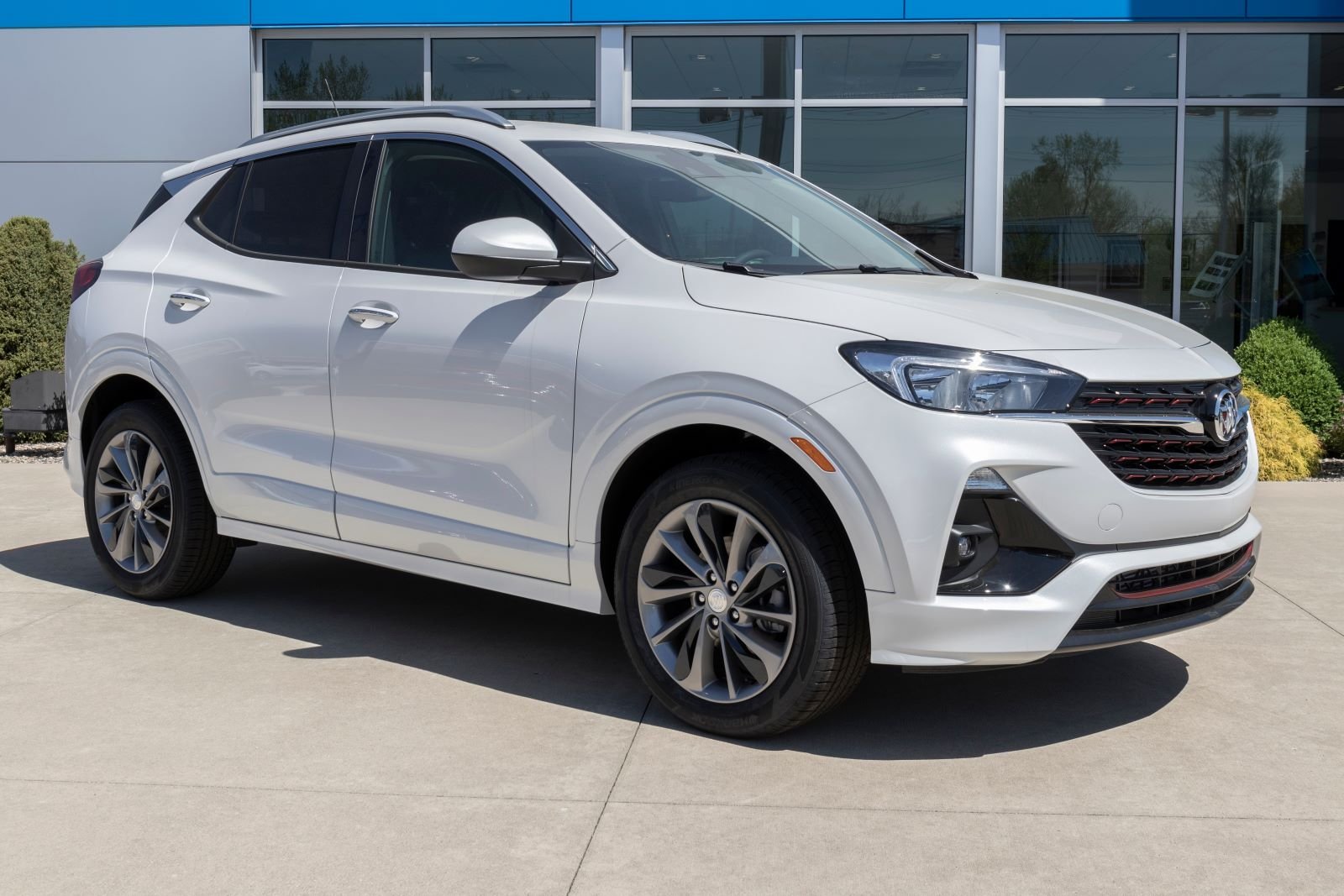
GMC is known for robust trucks and SUVs, but some models have had their reliability questioned. Issues such as transmission failures and problems with electronic systems in vehicles like the Acadia and Sierra can lead to costly repairs and inconvenience for owners.
Cadillac
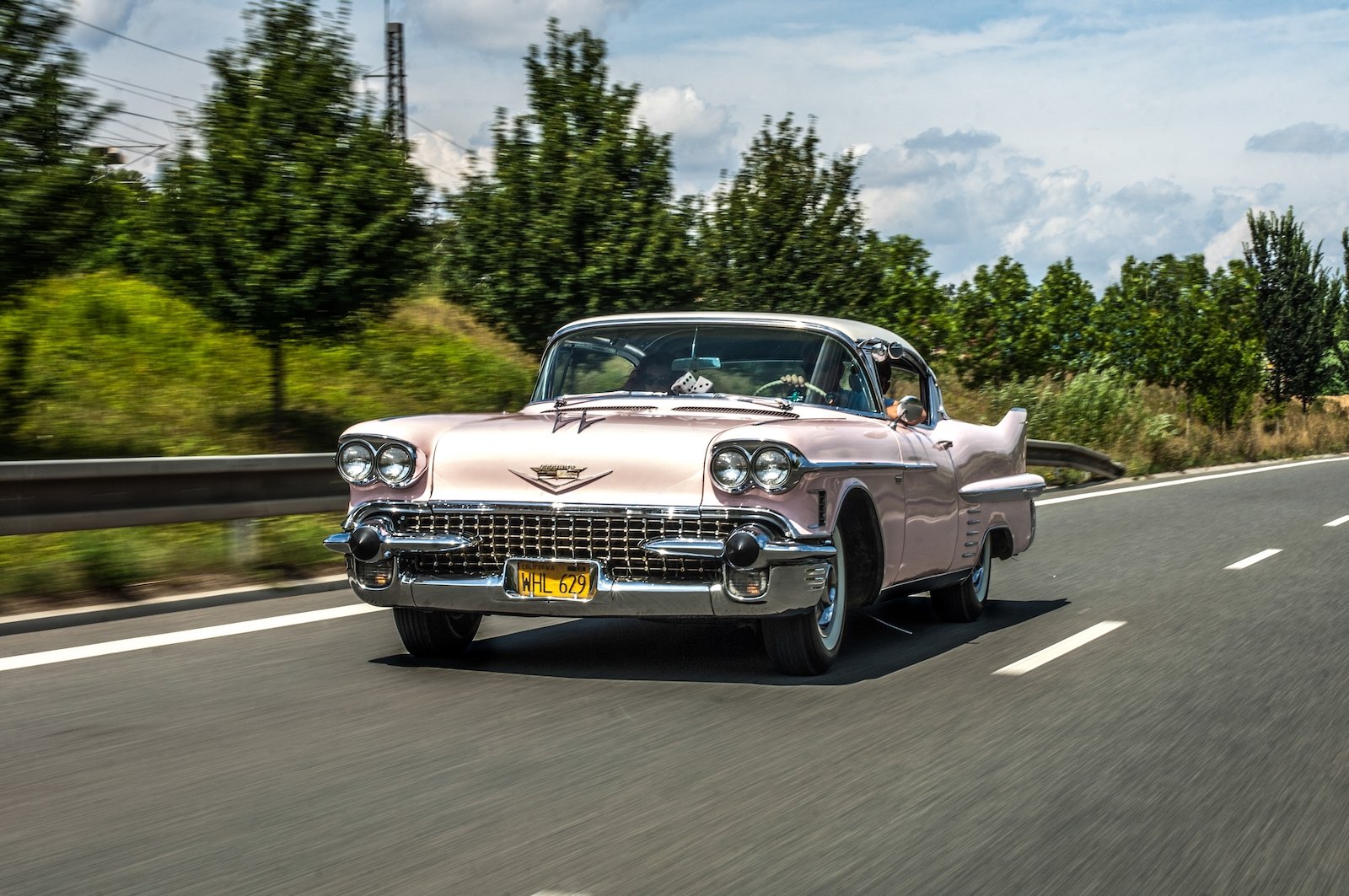
Cadillac represents American luxury, but its vehicles, like the ATS and CTS, have been known to face electronic and mechanical issues, including those affecting the Cue infotainment system and engine reliability. These issues often require expensive fixes and might influence overall owner satisfaction negatively.
Chevrolet

Chevrolet, a staple in the American auto industry, offers a wide range of vehicles, from compact cars to large SUVs and trucks. However, certain models like the Cruze and the Malibu have had their share of reliability issues, primarily concerning their engine and transmission systems. These issues can lead to frequent service visits, which might affect the overall cost of ownership and satisfaction for the user.
Dodge
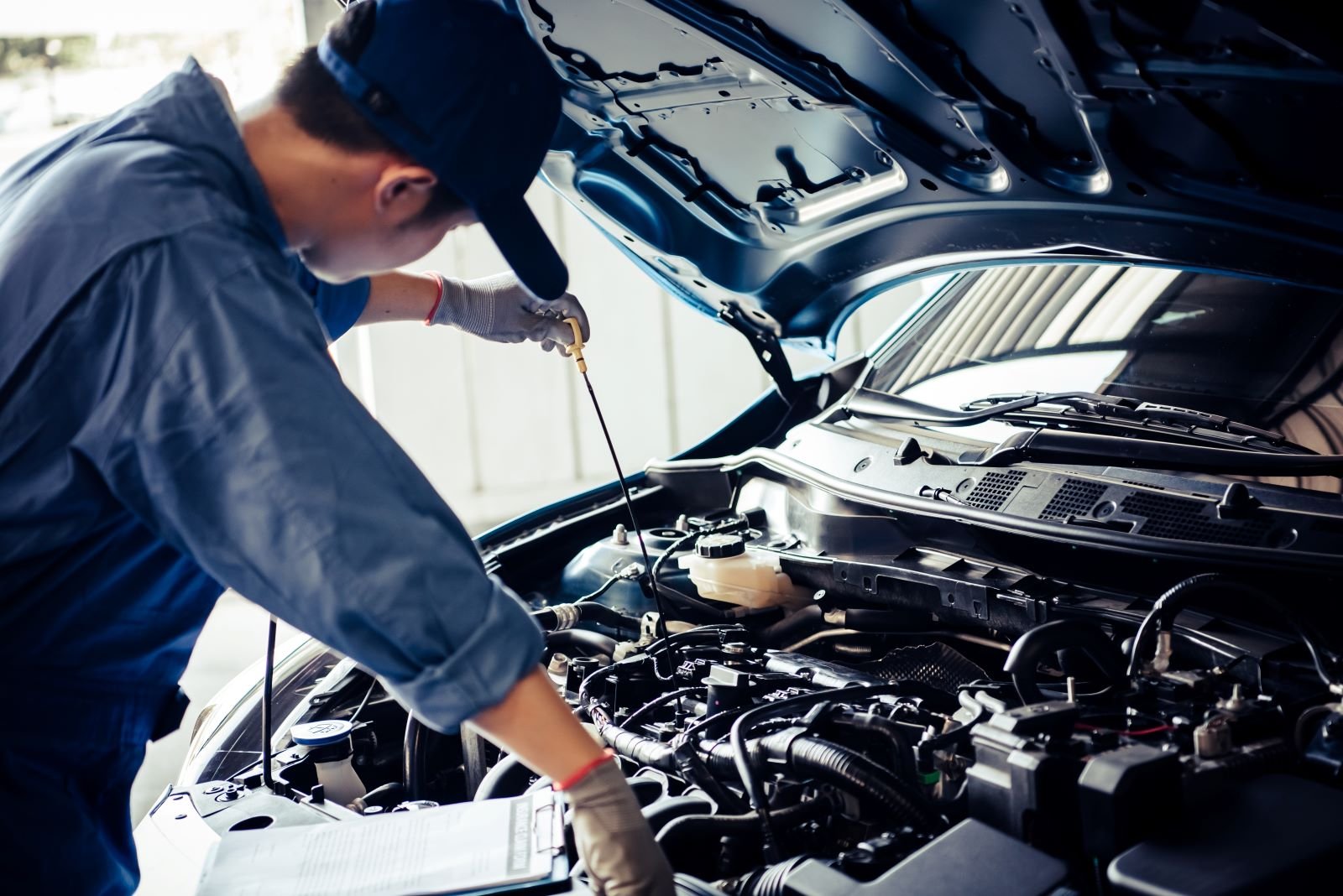
Dodge is known for its muscular cars and powerful engines, but reliability has been a recurring concern for the brand. Models like the Dodge Journey and Grand Caravan have faced issues related to their electrical systems and transmissions. These problems can be costly to repair and may lead to frustration for owners who expect durable performance from their vehicles.
Mitsubishi

Mitsubishi vehicles are often affordable, but some models have been criticized for their lack of reliability. Common issues with cars like the Outlander and Lancer include problems with the transmission and cooling systems, which can lead to breakdowns and costly repairs. Potential buyers should be aware of these issues when considering Mitsubishi as a cost-effective vehicle option.
Volkswagen
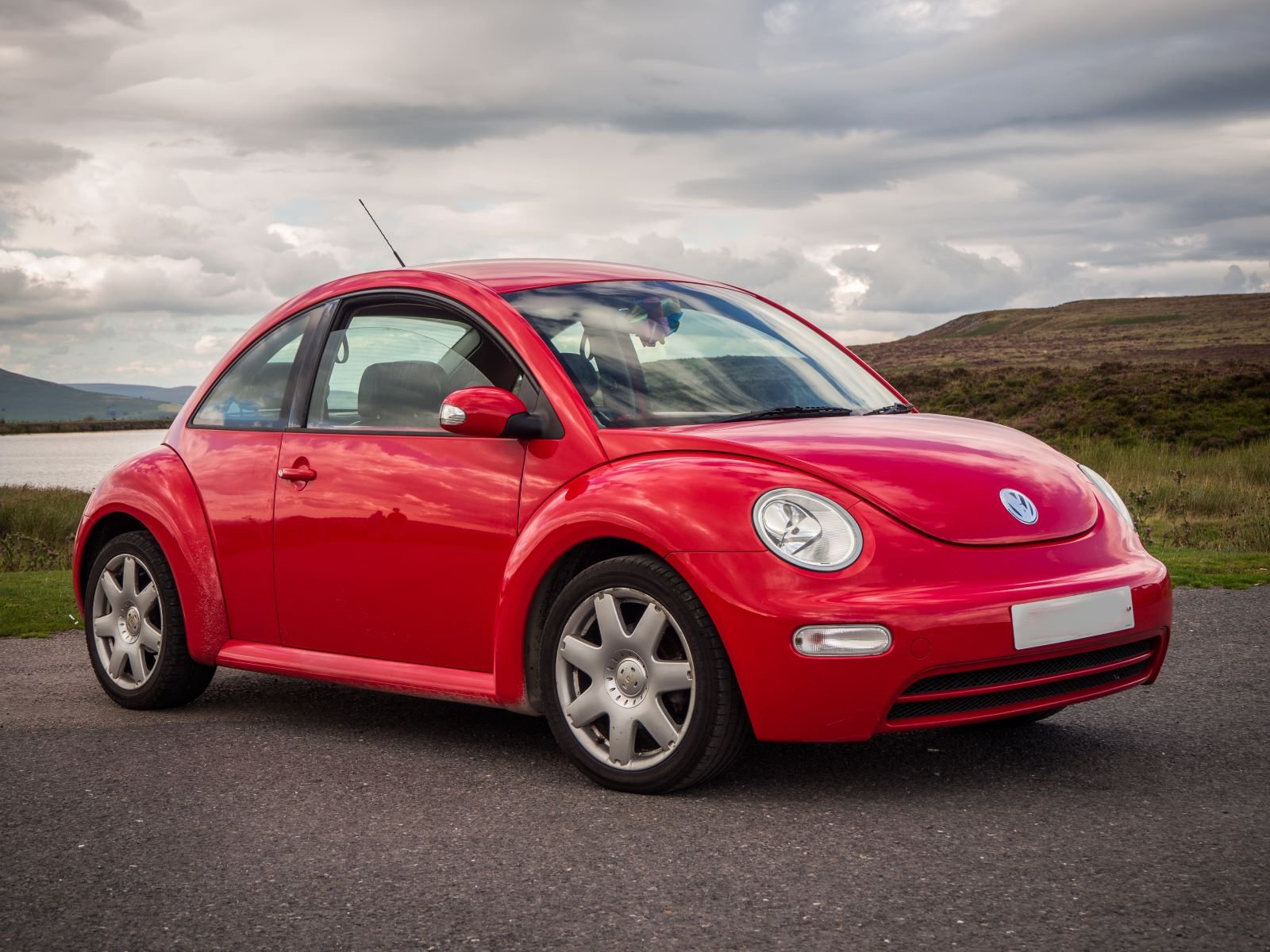
Volkswagen has a reputation for German engineering and quality, but certain models have experienced reliability challenges. Problems such as electrical issues in the Passat and transmission woes in the Jetta have been noted. These issues can detract from the ownership experience, leading to unexpected repair costs and reliability concerns that might surprise buyers looking for German reliability.
Hyundai

Hyundai has made significant strides in quality and reliability, but some older models, like the Sonata and Santa Fe from earlier years, have had their share of problems. Issues with engine failures and electrical problems were common, which led to recalls and repairs. While newer models show considerable improvements, the brand’s older lineup might still raise concerns for buyers looking for used vehicles.
BMW

BMW offers an excellent driving experience but is often criticized for its maintenance costs. Electrical issues and cooling system failures are common, particularly in the 3 Series and 5 Series. While BMWs are a top choice for driving enthusiasts, potential owners should consider the high cost of upkeep associated with these vehicles.
Mercedes-Benz

Mercedes-Benz cars are equipped with advanced technology and luxury but suffer from reliability issues, especially in older models. Problems frequently involve complex electrical systems and suspension components, leading to high maintenance and repair costs. Buyers should be cautious and investigate the specific model year’s reliability before purchasing.
Audi

Audi is another brand known for luxury and innovation, but it has faced its share of challenges. Engine and transmission issues are particularly prevalent, affecting models like the A4 and Q7. These issues can lead to frequent visits to repair shops, impacting the overall cost of ownership.
Volvo
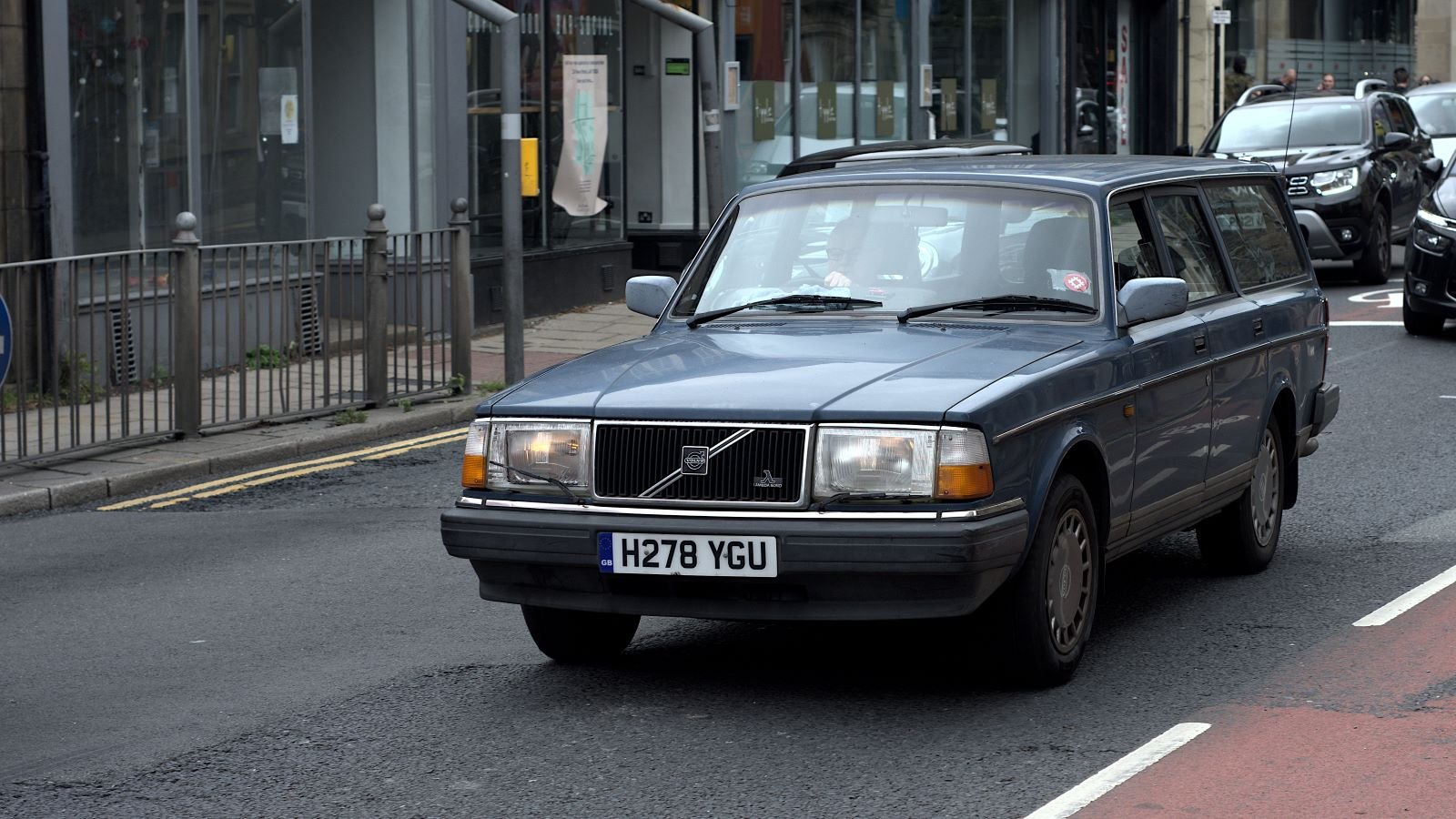
Volvo is famous for its commitment to safety, but some models have had issues with their engines and electrical systems. These problems can undermine the reliability that buyers often expect from a Volvo, so it’s important to review the latest consumer reports and reliability data when considering these vehicles.
Tesla

Tesla is at the forefront of electric vehicle technology but has encountered quality and reliability issues. Complaints from owners about build quality, including misaligned panels and electronic malfunctions, can affect the ownership experience. Prospective Tesla owners should be aware of these potential issues despite the brand’s innovative appeal.
Mini

Mini cars offer a blend of British charm and German engineering but have been criticized for their reliability. Transmission and electrical issues are common, particularly in the Mini Cooper, leading to frequent and costly repairs.
Nissan

Nissan provides affordable vehicle options, yet certain models have experienced issues with their CVT transmissions and engines. These reliability issues can affect the vehicle’s overall dependability and might lead to early failures.
Ford
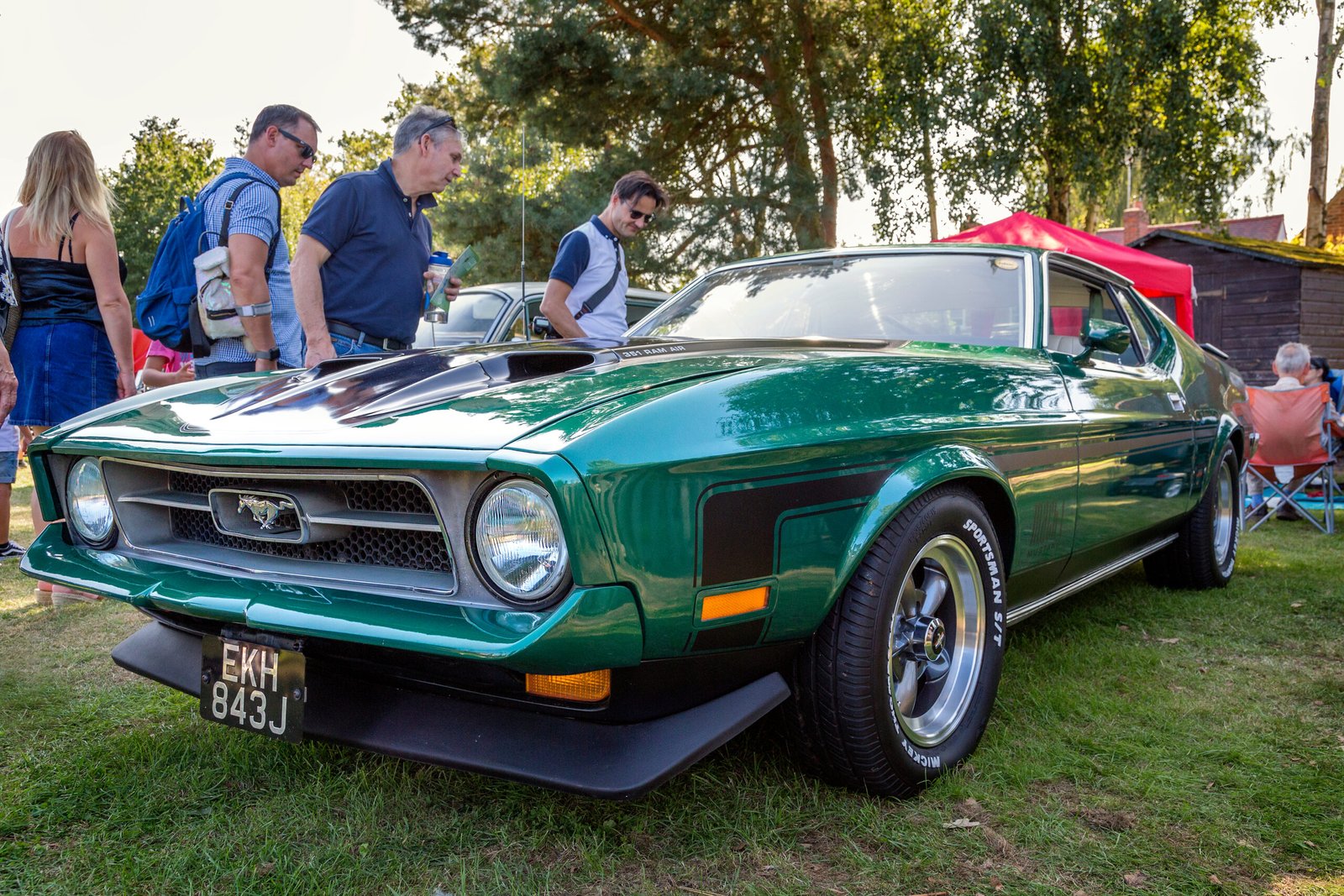
Ford, known for its robust trucks and innovative cars, faces reliability issues in models like the Fiesta and Focus, primarily due to problems with their PowerShift transmission. While Ford trucks like the F-Series maintain good reliability ratings, these smaller car models have been subjects of recalls and customer complaints.


